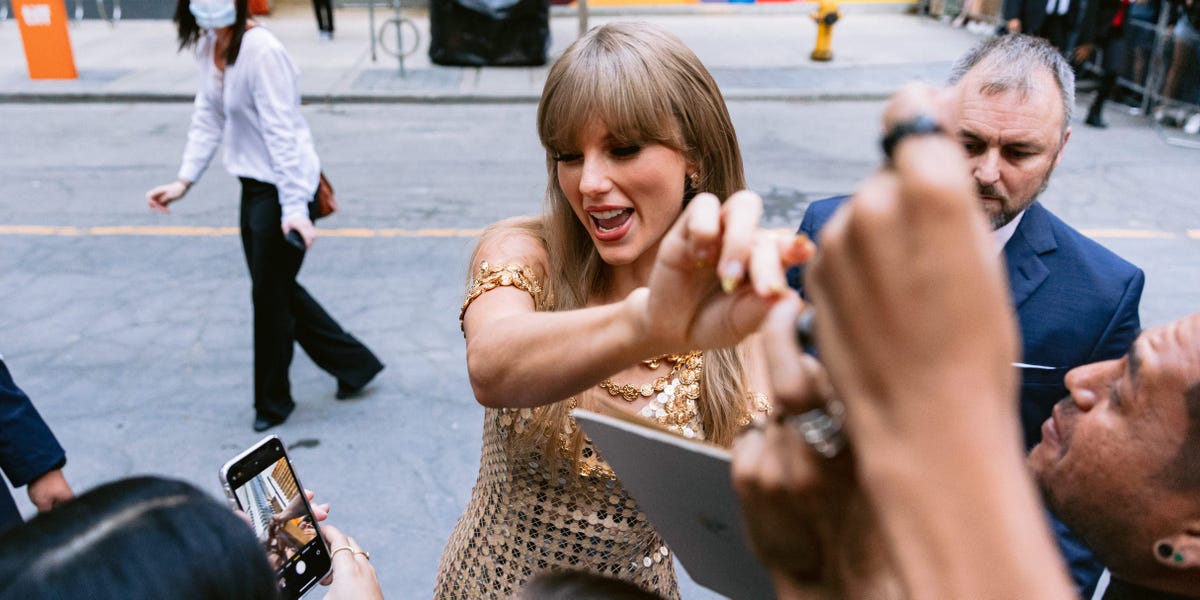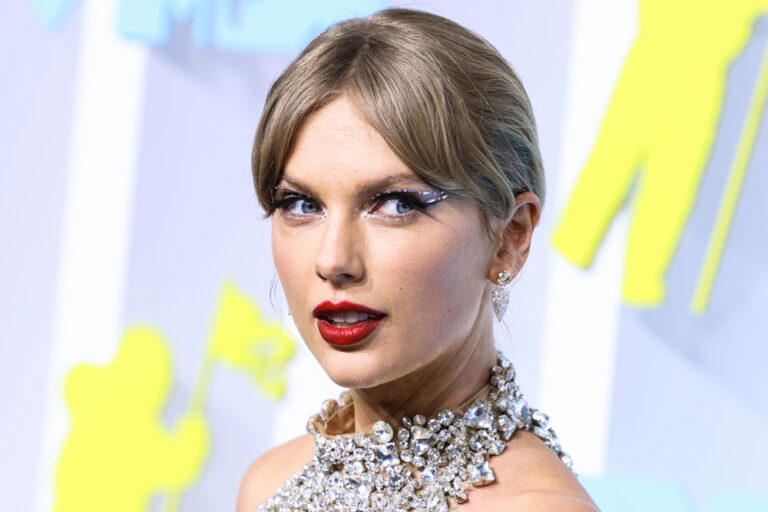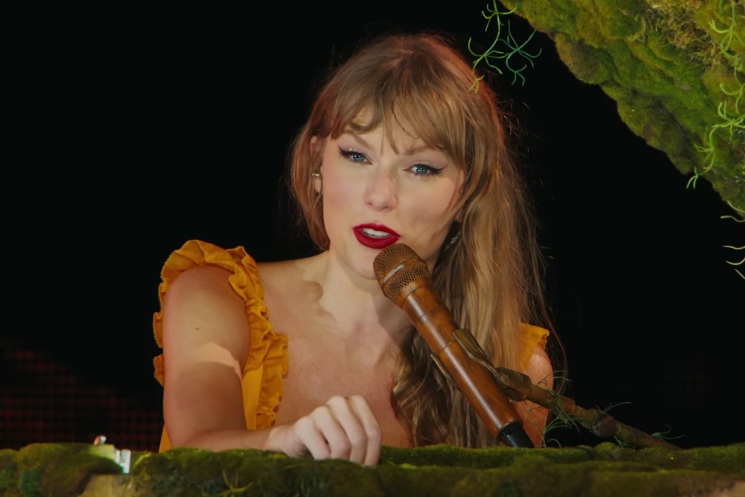Shocking Revelation: Taylor Swift Fan Base Harassment Surpasses Far-Right Hate
My experience scrutinizing Taylor Swift’s Eras Tour led to a tumult of online harassment originating from her fan base. The onslaught of death threats, doxxing, and the spread of anti-gay slurs even went as far as launching a campaign aimed at getting me fired. While stan culture can foster community, it also unfortunately harbors hostility, as highlighted by an expert.
I was standing in line, waiting to place my order for coffee, when the death threats commenced inundating my inbox. Initially, I was unclear about the specifics of these threats. Tragically, in my role as a reporter, a “kill yourself” message or an anti-gay slur could be in response to any range of my written pieces, spanning from stories on drag queens in Florida to Russia’s ongoing conflict in Ukraine. However, the haze lifted when I checked Twitter.
My notifications were flooded with hundreds of messages from Swifties, the devoted followers of Taylor Swift. Some messages revealed my personal information through doxxing, while others predicted the details of my eventual demise. One message even claimed to be tracking down my family and friends, further escalating the situation with a barrage of anti-gay slurs.
The situation reached a boiling point when a faction of Swifties initiated a mass email campaign directed at my boss, advocating for my dismissal. This included baseless rumors labeling me as a groomer and a pedophile, echoing a disturbing far-right narrative often targeted at LGBTQ+ individuals.
Why was I subjected to such vehement harassment? Simply because I penned a piece that offered a mild critique of Taylor Swift’s Eras Tour. In reality, my review, which juxtaposed Taylor Swift’s Eras Tour with Beyoncé’s Renaissance World Tour, was largely positive. While acknowledging the greatness of Eras as a greatest-hits spectacle, I highlighted aspects where Renaissance outshone in terms of coherence, themes, production, and a sense of community.
When the wave of harassment began, I somewhat anticipated a certain level of backlash. Criticizing major pop stars often incites the wrath of their overzealous “stans” – a term likely derived from Eminem’s 2000 song of the same name, yet having various origins. However, the extent of the vitriol and venom took me aback, shedding light on the darker facets of stan culture, as elucidated by Robert Thompson, the founding director of the Bleier Center for Television and Popular Culture at Syracuse University.
Thompson expounds on how these large participatory communities operate; if they object to something you’ve said, their tactic is to discredit and undermine your credibility by any means available. Although fandom has existed since time immemorial, the advent of the internet has taken it to unprecedented heights.
In ancient times, fandom was witnessed in various forms, from ardent supporters of Roman gladiators to modern-day cultural phenomena like Beatlemania, Star Wars, and Michael Jackson. While we’ve always had fans and the more intense breed bordering on stalker-like behavior, stan culture harnesses social media to connect fans worldwide.
This online connectivity fosters a sense of community among fans with shared interests, enabling them to engage in discussions, dissect lyrics, and speculate about forthcoming music releases. This communal atmosphere can be both enriching and exhilarating or turn dark and unsettling.
Stan wars, such as the ongoing feud between Swifties and the Beyhive, often center around factors like Spotify streaming figures to determine an artist’s success, and frequently involve personal attacks on the artists themselves. Thompson likens these battles to political divides like Republicans versus Democrats or fierce sports team rivalries.
Artists like Taylor Swift and Beyoncé are undoubtedly aware of the prevailing stan culture online, and while some might not explicitly condemn such behavior, these fans invest immense effort in supporting and promoting their favorite artists through various means.
Despite the critical examination of stan culture and online harassment, representatives for Swift did not respond to requests for comments on the matter. As the phenomenon of stan culture persists, it becomes imperative to navigate its positive aspects while curbing its toxic tendencies to ensure a healthy online discourse.







